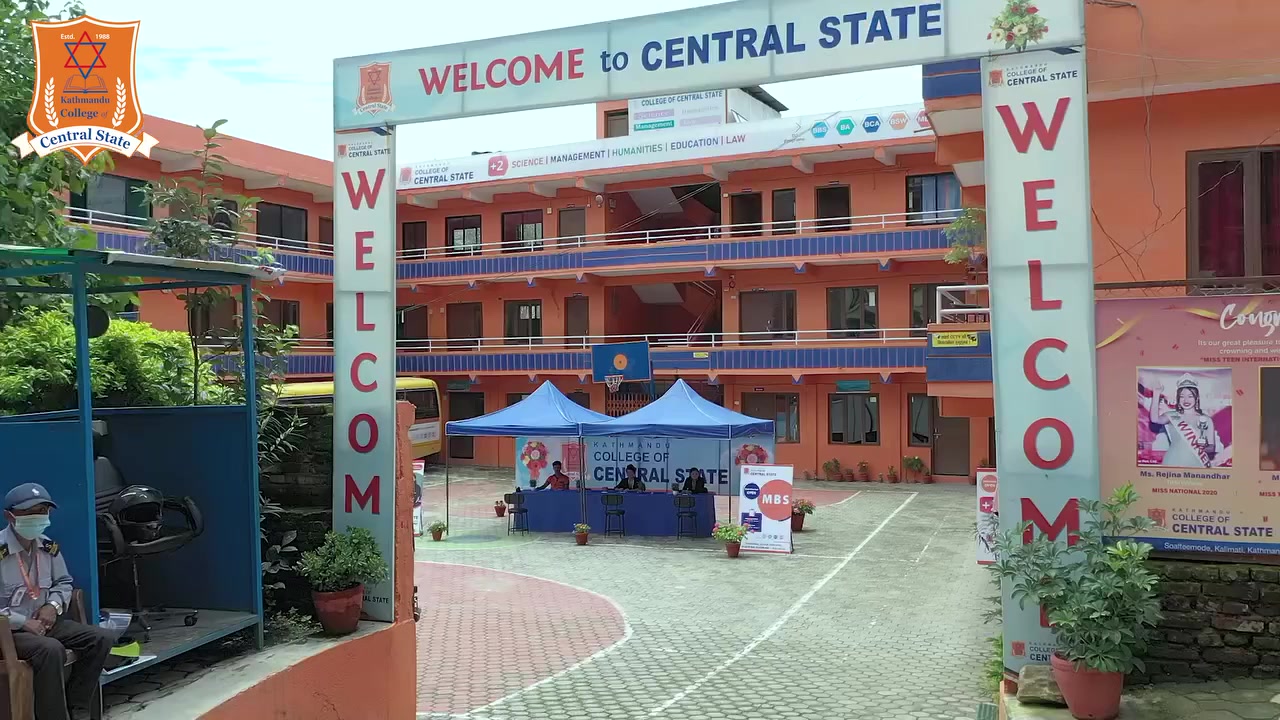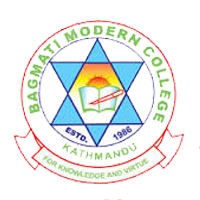Overview
Bachelor of Business Studies (BBS) at Kathmandu College of Central State
BBS at Kathmandu College of Central State (KCCS), Kathmandu, follows Tribhuvan University (TU) Faculty of Management standards for a four-year program assessed through yearly examinations. If You are seeking clear information on BBS, Bachelor of Business Studies, TU syllabus, KCCS management program, and Nepal business degree will find a structured path here.
You study core areas of accounting, finance, marketing, human resource management, economics, and business law, then complete research-oriented and entrepreneurial tasks that reflect local market needs.
The program serves students who plan to enter banking, corporate roles, entrepreneurship, or public service after meeting the relevant criteria.
KCCS teaches BBS in English with practical sessions that connect theory to everyday work. You complete problem sets, short cases, and documentation tasks that improve accuracy and speed. The campus treats writing, calculations, and presentation as daily habits rather than end-term rush jobs.

Highlights
-
Affiliation: Tribhuvan University, Faculty of Management
-
Duration: Four academic years; annual examination system
-
Medium of instruction: English
-
Core areas: Accounting, finance, marketing, HRM, economics, business law, business environment, research basics
-
Assessment: Internal assignments and class tests plus TU annual exams
Curriculum Details
Year 1 builds a foundation. You review business principles, microeconomics basics, introductory accounting records, and written communication. Students practice clear sentence structure, numerical accuracy, and workbook formats that will repeat across the program. Faculty encourage short handwritten summaries so you remember concepts during long exam cycles.
Year 2 covers macroeconomics, marketing foundations, human resource concepts, and intermediate cost and management accounting. Classroom sessions focus on interpreting data from ledgers and statements. Students prepare short marketing notes, channel sketches, and HR cases on attendance systems, leave records, and simple job descriptions.
Year 3 shifts the focus to law, taxation, auditing, organizational behavior, and financial management. You learn to read sections of acts relevant to business practice in Nepal, draft basic tax workings, and interpret audit evidence. Students start mini projects that ask for data tables in spreadsheets, a clean reference list, and a brief oral presentation.
Year 4 includes entrepreneurship, research methods, and concentration courses in your chosen area (e.g., finance, marketing, or management). You prepare a small study with a clear objective, a short tool (questionnaire or checklist), and a summary that highlights what the data show. The department guides students on citation basics and formatting so reports stay consistent.
Objectives
-
Build strong fundamentals in accounting, finance, marketing, HRM, and economics
-
Develop clear writing and presentation skills for business settings
-
Encourage responsible record-keeping and error-free calculations
-
Support research habits through small studies and data summaries
-
Prepare students for entry-level business roles or further study such as MBS
Scope
BBS graduates move into banking support, accounts and finance sections, sales and marketing units, HR and administration desks, and operations roles. Students who plan for public service use BBS to satisfy degree requirements before sitting for relevant examinations. Many graduates consider MBS to deepen knowledge and widen career choices.
Learning Outcomes
By the end of the program, students should be able to:
-
Prepare journal entries, ledgers, trial balances, and basic financial statements
-
Interpret cost and management accounting reports for pricing and control
-
Summarize micro and macro issues that influence Nepali business decisions
-
Draft short marketing notes, sales plans, and distribution outlines
-
Apply HR concepts to attendance, leave, appraisal, and simple policy drafts
-
Use spreadsheets for tables, charts, and basic data analysis
-
Produce a short research report with references and clear annexes
Skill Development Modules
-
Accounting Lab: Daily ledger practice, bank reconciliations, and error checks
-
Finance Tools: Time-value worksheets, ratio packs, and cash-flow outlines
-
Marketing Tasks: Product briefs, channel maps, and three-month sales calendars
-
HR Practice: Job description drafts, attendance registers, and leave tracking sheets
-
Law and Tax Prep: Act summaries, tax workings, and compliance checklists
-
Research Basics: Proposal note, consent form, data table, and one-page findings
-
Communication: Report writing, slide decks, and short viva sessions
Teaching Methodology
KCCS uses lecture-plus-practice sessions with a weekly schedule students can follow. Teachers demonstrate formats on the board, then ask you to complete similar tasks within time limits. Internal tests keep you active across the year. The department reviews notebooks, spreadsheets, and references to prevent last-minute rush. TU conducts the annual examinations, and the college organizes revision classes before form fill-up.
Admission Requirements
-
Qualification: Grade 12 (+2) or equivalent from a recognized board
-
Minimum grades: As per current TU Faculty of Management rules for the session
-
Process: Application, document verification, and department interaction if scheduled
-
Documents: Grade 12 transcript and certificate, character certificate, migration/provisional (as needed), citizenship copy
Applicants should read the latest TU and college notices for dates, forms, and any session-specific changes.
Career Opportunities
-
Banking assistant, teller support, and back-office roles
-
Accounts assistant, junior finance staff, or inventory control
-
Sales and marketing trainee, channel support, or customer desk
-
HR/administration support in schools, hospitals, and firms
-
Entrepreneurship in retail, services, or micro-enterprise with basic records
-
Pathway to MBS or professional certifications (where eligibility applies)
Scholarships and Financial Aid
KCCS publishes merit and need-sensitive categories each year within the rules active for that session. Students submit forms with supporting documents. Many awards require good conduct, attendance, and steady performance.
Why Choose This Course?
You want a TU-recognized management degree that builds habits valued by employers: accurate accounting, timely reporting, clear writing, and steady preparation. You prefer an annual exam rhythm supported by practice sets and revision plans. You plan for entry-level roles, public service, or MBS, and you want reliable, exam-ready skills.
Conclusion
Set a weekly routine that alternates between accounting practice and reading. Keep a thin assignment file for each subject and an indexed spreadsheet for numbers. Store your best work—tax workings, product briefs, HR drafts—in a small portfolio you can show during interviews or MBS admission.
Contact Kathmandu College of Central State's administrative office for detailed information on the BBS course, including fees, scholarships, facilities, counseling, eligibility criteria, etc.























